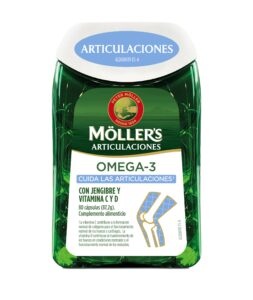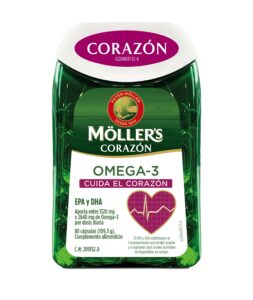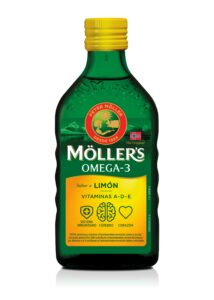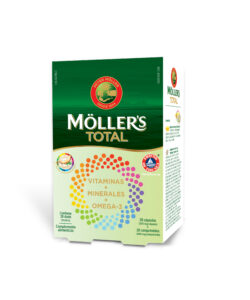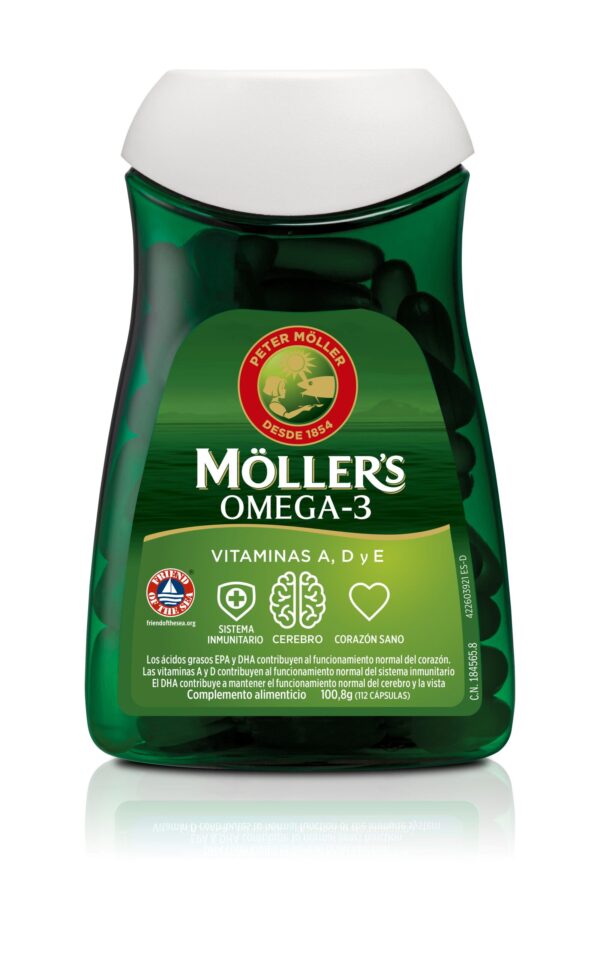If you wonder, “What vitamins should I take?”, your body is the best place to find the answer. Vitamin deficiency can manifest as physical symptoms that are easy to recognise if you know how.
Home » Low on vitamins? Your body will tell you

Read more articles about vitamins and minerals
We all know it’s important to get all the vitamins we need to stay healthy. Lack of vitamins can have many different effects on the body. If you know what to look for, you might be able detect a deficiency yourself. Our handy vitamin checklist below reveals the telltale signs of deficiencies.
Vitamin A
Helps to maintain normal sight, skin, mucous membranes and immune system.
Deficiency symptoms:
- Dry eyes
- Reduced ability to see in low light / night blindness
- Decreased resistance to infection
Vitamin B1 (thiamine)
Helps to maintain normal heart function, nervous system, energy production and mental functions.
Deficiency symptoms:
- Difficulty concentrating
- Numbness in fingers and toes
- Confusion
- Problems with balance
Vitamin B2 (riboflavin)
Helps to maintain normal skin, vision, metabolism, nervous system, mucous membranes and red blood cells.
Deficiency symptoms:
- Mouth sores and cracks in the corners of the mouth
- Itching eyes
- Dry skin
- Brittle nails
Vitamin B3 (nicotinamide/niacin)
Helps to maintain normal skin, mucous membranes, metabolism, mental functions and nervous system.
Deficiency symptoms:
- Skin rash
- Vomiting
- Diarrhoea
Vitamin B6 (pyridoxine)
Helps to maintain normal immune system, hormonal balance, metabolism, nervous system, protein distribution, mental functions and formation of red blood cells.
Deficiency symptoms:
- Depression
- Cramps
- Anaemia
Vitamin B 8 (biotin)
Helps to maintain normal skin, hair, metabolism, mucous membranes, nervous system and mental functions.
Deficiency symptoms:
- Nausea
- Depression
- Muscle pain
- Skin changes
Vitamin B9 (folate/folic acid)
Helps to maintain normal cell division, blood production, mental functions and immune system.
Deficiency symptoms:
- Nausea
- Diarrhoea
- Irritability
- Forgetfulness
- Headache
- Anaemia
Vitamin B12
Helps to maintain normal nervous system, metabolism, mental functions, immune system, formation of red blood cells and cell division.
Deficiency symptoms:
- Anaemia
- Diarrhoea
- Forgetfulness
- Sore tongue
Vitamin C
Helps to maintain normal collagen production for skin, bones and cartilage. It also helps to maintain a normal immune system, mental functions and absorption of iron. Protects cells against damage from free radicals.
Deficiency symptoms:
- Bleeding skin and gums
- Slow wound healing
- Irritability
Vitamin D
Helps to maintain normal uptake and distribution of calcium and phosphorus. It also helps to maintain muscles, bones, teeth, the immune system and cell division.
Deficiency symptoms:
- Impaired immunity
- Joint and skeletal pain
- Bones that break easily
Vitamin E
Helps to maintain normal protection of cells against oxidative stress.
Deficiency symptoms:
- Visual disturbances
- Unsteady walk
Vitamin K
Helps to maintain normal bones and coagulation of blood.
Deficiency symptoms:
- Nosebleeds
- Slow blood clotting
If you suspect that you have a deficiency disease, ask your doctor to check the vitamin levels in your blood. If you are diagnosed with a deficiency, treatment involves receiving large doses of the vitamin until your body is “filled up”. Normally, you will continue with a smaller dose to ensure you get enough vitamins. Your doctor can also advise you on your diet to ensure you get enough of the different vitamins in the future.
Source: Felleskatalogen, Norwegian Health Informatics, sml.snl.no
What is good health?
Do you have a good lifestyle?
Lifestyle simply means the way in which you live. Health and lifestyle go hand in hand. You might feel you have a good lifestyle if you are physically active, eat healthily and generally experience a sense of wellbeing. Conversely, if you want good health you should also have a good lifestyle.
Physical activity is the major contributor to a good lifestyle, but diet, drugs, stress, sleep and social conditions are also play an important role. Being able to use the body properly to avoid injury also affects lifestyle. Physical activity can also prevent depression and help you to recover more quickly from mental illness, both of which obviously affect your lifestyle.
Diet can be a difficult topic for many. Perhaps you eat too much or too little or maybe you find it hard to know what foods to combine to have a balanced diet. It’s also important to eat food that contains important vitamins, minerals and dietary fibre, omega-3 and antioxidants. On top of all this, you also need to get enough energy, protein and the correct fatty acids. The requirement for these nutrients changes throughout your life. When you are older you also have different requirements than children and younger adults. Women also have different requirements than men. Pregnant and breastfeeding mothers also have special requirements.
When you get older, you lose muscle mass and your body requires less energy and therefore less food. You may lead a less active life than you did before, which is why you require less food. However, your need for minerals, vitamins and other nutrients remains the same. Of course, there are plenty of healthy and active older people, but when you reach 70 to 80 years of age, it’s easier to become ill, especially during flu season.
Some steps you can take to improve your lifestyle and health are to:
- eat a healthy and varied diet
- stay active
- watch your weight
- avoid too much alcohol and don’t smoke
- get enough sleep
- think positive
- practise good hygiene
What is good quality of life?
The World Health Organisation (WHO) defines quality of life as a state where the individual can realise their potential, cope with normal stressful situations, work in a rewarding and positive way, and be able to contribute to others and society.
Quality of life is a wide and somewhat diffuse concept that includes joy in, and a desire for, life. These are values that are rather felt than measured, which in turn are based on personal environment and choices. Quality of life doesn’t necessarily depend on being healthy or sick. It’s the moments between worries, sorrows, problems and ailments that matter. For example, if you have a chronic illness, a feeling of mastery can be important when talking about quality of life.
To sum up, quality of life is a combination of health, lifestyle, networks and social support. It’s about experiencing joy, meaning in life, satisfaction, security and a sense of belonging, as well as being able to use your strengths. It’s also about feeling interest in life, coping with everyday situations and a being committed to something or someone. If you have good quality of life, you will be able to cope better with the inevitable stressful situations in life.
Learn more
Exercise program for the elderly
Healthy Aging Healthy Bones
Healthy diet during pregnancy
Brain Healthy Aging
Good health, lifestyle and quality of life – What does it all mean?
Cod Liver Oil Healthy Aging
Get inspiration on our Instagram
This error message is only visible to WordPress admins
There has been a problem with your Instagram Feed.
